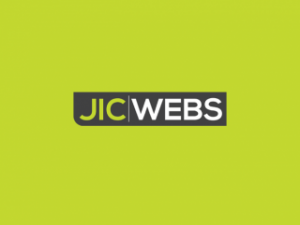Statement from IAB UK .. The IAB UK outlines the work currently being done with industry partners to develop standards and technology to minimise fraud
Fraud occurs in nearly all industries, so it’s no surprise to learn that – as digital advertising has grown in popularity – so, too, has the number of criminals seeking to profiteer from it. And the ad spend growth has been dramatic: In the UK digital adspend increased from £825m in 2004 to £7.2bn in 2014, bringing with it tempting opportunities for criminals to perpetrate ad fraud.
“Programmatic will make the problem even more acute”
There have been numerous studies attempting to quantify the prevalence and cost to business of this type of fraud. The Association of National Advertisers (ANA) in the US predicted that it would cost advertisers some $6.3bn worldwide this year. What’s more, there are frequent claims that the rise of programmatic looks set to make the problem even more acute.
Yet rather than focusing on quantifying it, the IAB is working to stamp out this type of activity. We are committed to ensuring that the significant investment brands make in digital advertising is effective and reaches the right audience.
“We need to compare apples with apples”
That said, in order to deal with the problem, we must first agree what constitutes ad fraud. In an increasingly complex digital advertising supply chain this is not as easy as it may sound.
We need to compare apples with apples, using common definitions and standards which distinguish between bad practice and fraud, because not all ‘non-human’ traffic is fraudulent.
That’s why our first step has been a drive for more clarity, so that all parties can agree on a common definition of what constitutes fraud before we set about trying to eliminate it as best we can.
 To this end, the Anti-Fraud Working Group, acting under the Joint Industry Committee for Web Standards (JICWEBS), was set up late last year. It has both a commercial and a technical focus – looking at what’s happening at the coalface as well as the broader implications.
To this end, the Anti-Fraud Working Group, acting under the Joint Industry Committee for Web Standards (JICWEBS), was set up late last year. It has both a commercial and a technical focus – looking at what’s happening at the coalface as well as the broader implications.
Since this group’s formation, it has published a best practice document, which was released to the market in June and includes advice for anyone involved in the trading of digital display to minimize their exposure to ad fraud. Next, we plan to release a traffic taxonomy document helping all players in the market to understand different types of traffic, then develop an accreditation of fraud detection companies, and later create a set of anti-fraud good practice principles.
It’s worth noting, too, that ad fraud has been linked to serious organized crime and is not limited to strange geeks sitting in their bedrooms tapping away on their computers for a few extra quid here and there. For criminals it can be low risk, high reward, and it is happening right now, across the globe.
Fortunately, we are confident that our moves to educate the market, and to provide guidelines and accreditation, will result in a significant reduction in this type of crime.
It’s in everybody’s interests (bar the criminals) to join us in this mission to create a more trustworthy supply chain for digital advertising, one which will contribute to the overall health of the internet, and drive trust and confidence in legitimate businesses both on and offline.
